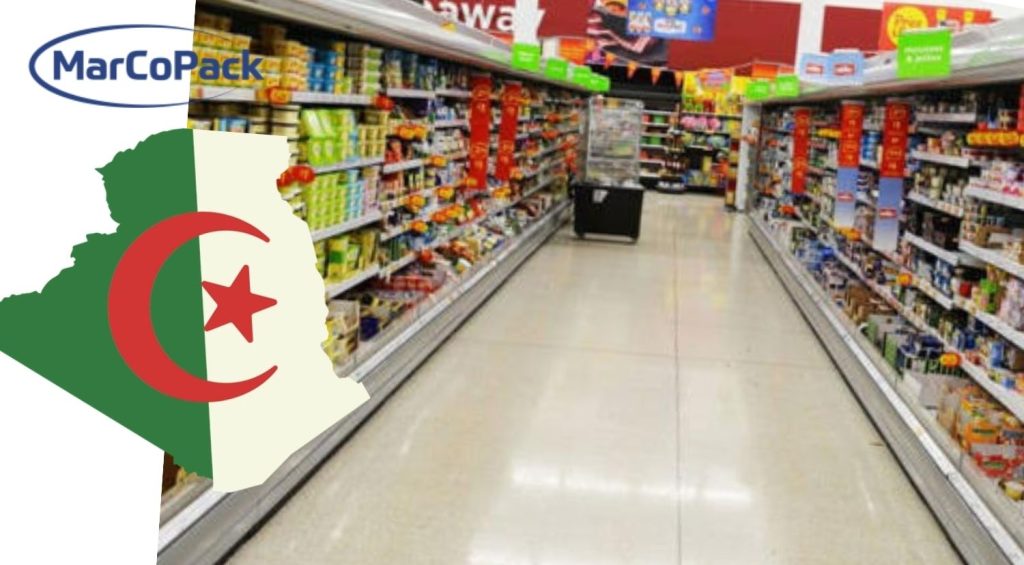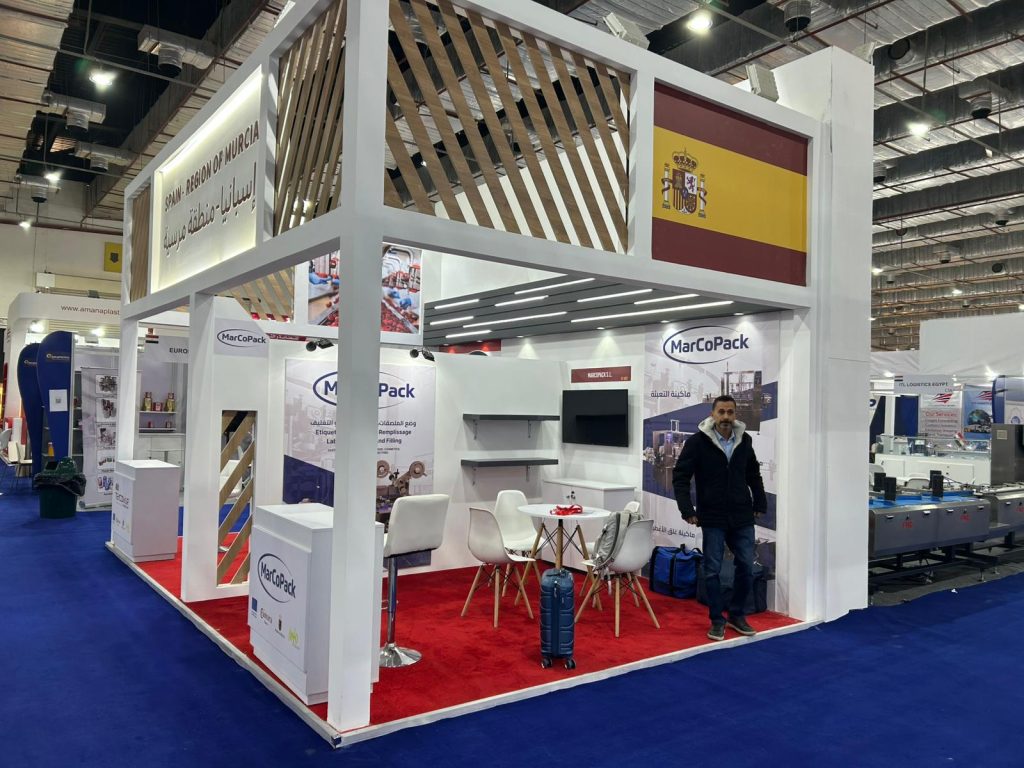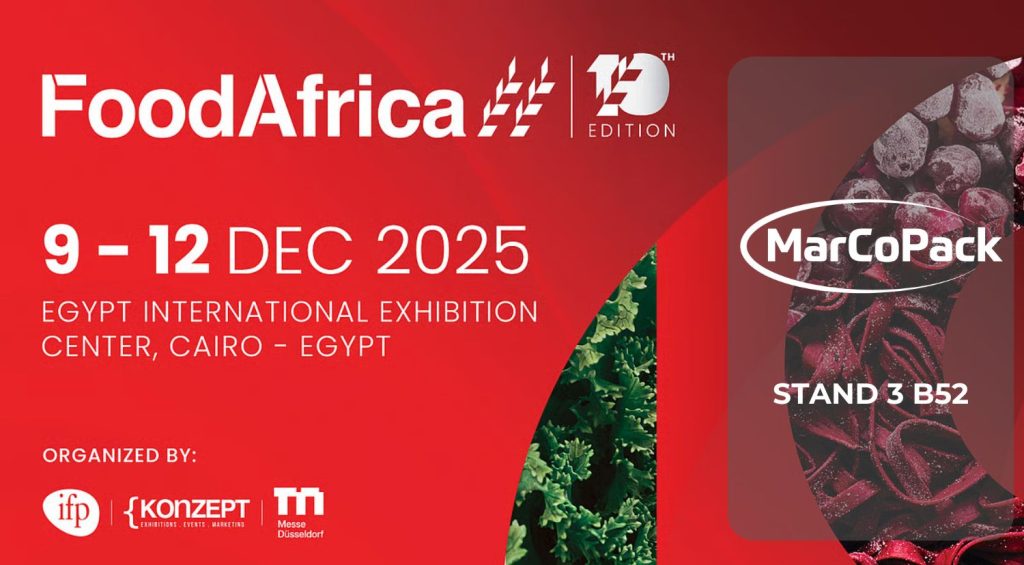Discover the most common problems when integrating new machinery in food, cosmetics and chemical production lines, and how to avoid them with MarCoPack.
Modernization of production lines is a growing need in sectors such as the food, cosmetics and chemical industries. The integration of new machinery can increase capacity, improve efficiency and ensure regulatory compliance. However, if not properly planned, the addition of new equipment can create more problems than benefits.
In this article we explore the most common problems in integrating new machinery into an existing production line, how to anticipate them and the practical solutions that ensure this process is successful.
Main problems in the integration of new machinery
1. Layout design bottlenecks
A non-optimized layout can lead to unnecessary routes, delays and loss of efficiency. Lack of foresight in the flow of materials and people means that new machinery does not perform to its maximum capacity.
Solution: redesign the layout applying Lean Manufacturing principles and validate the layout through digital simulations prior to installation.
2. Incompatibility between old and new systems
Many factories work with old lines that are not always compatible with the latest generation of equipment. This leads to failures in digital communication, synchronization problems and the need for specific adaptations that must be detected in time.
Solution: perform a prior compatibility analysis and integrate control systems (MES, SCADA, PLC) that allow interoperability between new and old machinery.
3. Prolonged stoppages and start-up delays
Lack of detailed assembly and start-up planning can result in unplanned shutdowns that affect production and generate cost overruns.
Solution: plan a progressive start-up, with staggered validations (IQ, OQ, PQ) and pilot tests to minimize risks.
4. Lack of alignment with norms and standards
In regulated sectors, installing a machine that does not comply with specific regulations (HACCP, GMP, ATEX, REACH, CLP, etc.) can lead to penalties or even product recalls.
Solution: work with suppliers who design certified machinery and validate each piece of equipment against regulatory requirements prior to installation.
5. Lack of space or need to relocate the production line.
In many plants, the introduction of new machinery faces a physical constraint: lack of available space or the need to reorganize the existing line. This can involve costly equipment moves, lengthy outages and modifications to auxiliary installations (electricity, compressed air, air conditioning). A layout audit and a scalable design help to anticipate this problem and reduce costs.
Solutions:
-
Compact and modular machinery: opt for equipment with a reduced design that makes maximum use of the available surface area without losing production capacity.
-
Modular and scalable layouts: plan the layout in a flexible way, allowing the incorporation of new equipment in phases without the need to relocate the entire line.
-
Strategic relocation: move only critical equipment, minimizing downtime and avoiding unnecessary modifications to the overall infrastructure.
-
Use of simulation technologies: before any move, perform tests with digital twins to validate the new layout and detect hidden bottlenecks.
MarCoPack designs industrial machinery that fits into small spaces and offers modular configurations, allowing the integration of new solutions without the need for a complete plant restructuring.
6. Deficiencies in personnel training
New machinery requires different operating protocols. Without proper training, errors, risk of accidents and downtime increase.
Solution: Implement an initial and ongoing training plan for all personnel, including safety, cleaning and maintenance protocols.
How to anticipate problems before installing machinery
- Pre-audits and capacity analysis. Evaluating the current state of the line allows you to detect space, energy, connectivity or performance constraints. OEE analysis and KPI measurement are key tools.
- Digital simulation and virtual twins. Simulation makes it possible to anticipate bottlenecks and validate the performance of new machinery without shutting down the actual line.
- Elaboration of a technical logbook. This document must contain product specifications, production speed, electrical and safety requirements, as well as quality tolerances. It is the basis for successful integration.
Practical solutions for frictionless integration
- Modular and scalable design. By opting for modular equipment, it is possible to expand or adapt the line in the future without redoing the entire system.
- In food, cosmetics and chemical industries, each product has specific requirements (viscosity, corrosiveness, hygiene, traceability). Designing customized machinery ensures compatibility and regulatory compliance.
- Progressive validation planning. Validating machinery in a phased manner (IQ, OQ, PQ) minimizes risk and ensures that production meets standards before scaling up to high volume.
- Implementation of predictive maintenance. Integration must be accompanied by a maintenance plan based on sensors and data intelligence to avoid unscheduled shutdowns.
- Training of the operational team. A comprehensive training plan ensures that personnel are familiar with the operation, cleaning, safety and maintenance of the new machinery.
The added value of MarCoPack in integration projects
At MarCoPack we understand that the integration of new machinery into an existing line is not only a technical challenge, but a strategic decision.
-
We design customized industrial machinery for the food, cosmetics and chemical sectors.
-
We guarantee compatibility with existing lines and digital integration with MES, SCADA and OEE systems.
-
We accompany our customers in all phases: diagnosis, design, installation, validation and training.
-
We develop scalable and secure solutions that meet the most demanding European and international standards.
Integrating new machinery into a production line can be a lever for growth or a source of problems if not managed correctly. With good planning, pre-audits, simulation, progressive validation and staff training, companies can minimize risks and maximize return on investment.
In sectors such as food, cosmetics and chemicals, where regulations are strict and competition is high, intelligent integration makes the difference.
Planning to integrate new machinery into your production line?
At MarCoPack we design, manufacture and integrate customized industrial solutions that reduce risk and maximize efficiency.Request a no-obligation technical consultation and ensure a successful integration.

Jose Martinez
Technical Office Manager MARCOPACK





